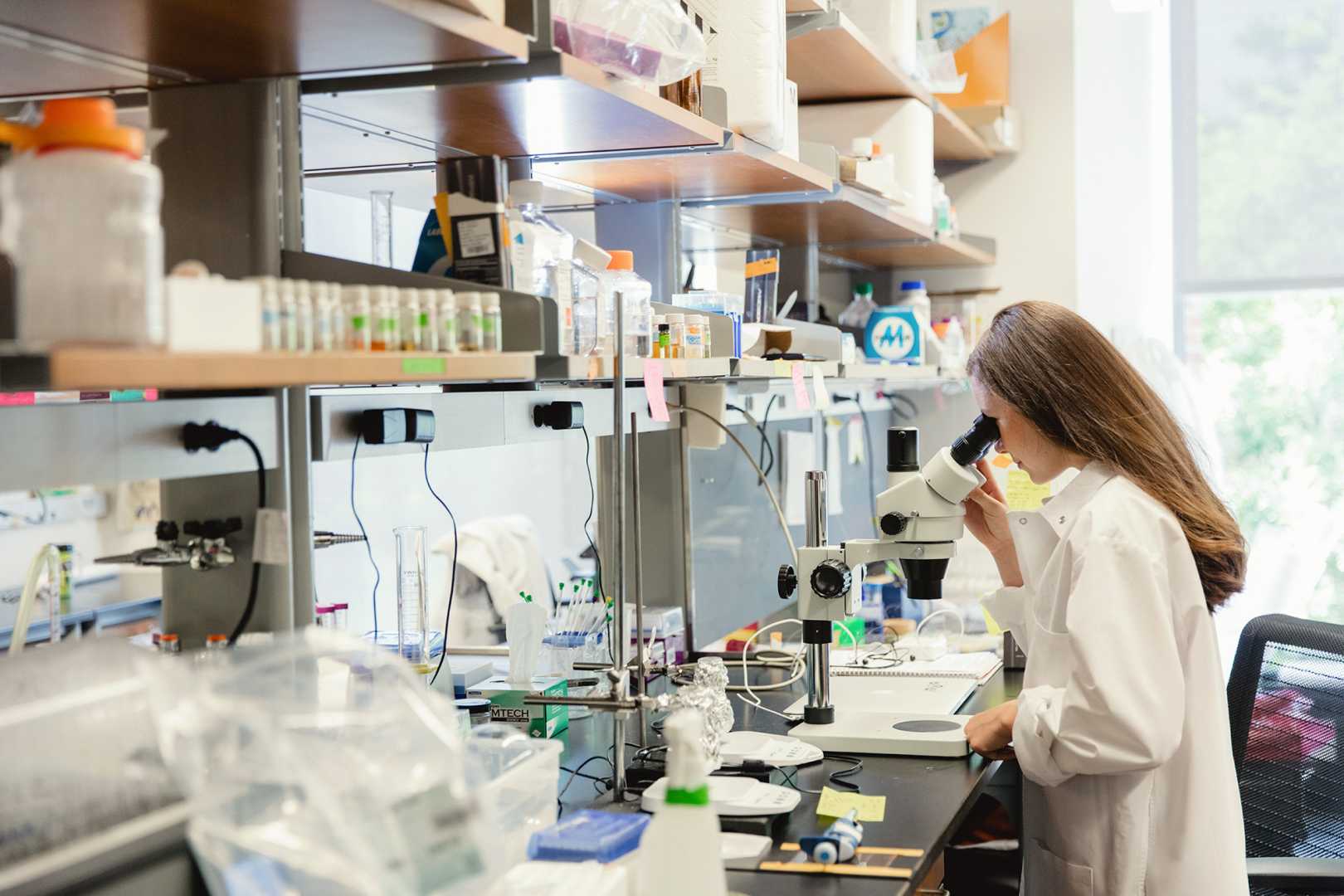Health
Harvard University Researchers Make Groundbreaking Discoveries in Neuroscience and Molecular Biology

Researchers at Harvard University have recently made significant advancements in the fields of neuroscience and molecular biology. A new study published in Science Translational Medicine by the Hensch Lab at Harvard University reveals that erratic maternal caregiving during critical developmental periods can lead to attention deficits in offspring. This research underscores the importance of stable and consistent maternal care in the early stages of life and has implications for understanding and addressing attention disorders.
In another notable achievement, Nicholas Bellono from the Department of Molecular and Cellular Biology (MCB) at Harvard University has been honored with the 2024 Tianqiao and Chrissy Chen Young Investigator Award from the Society for Neuroscience. This award recognizes outstanding contributions to neuroscience by young investigators and highlights Harvard’s continued excellence in scientific research.
Additionally, post-doctoral fellow Tadasu Nozaki in the Kleckner laboratory has published a groundbreaking study in Nature that introduces a new approach to examining the pairing of homologous chromosomes. This work has the potential to significantly advance our understanding of genetic processes and could lead to new insights into genetic disorders.
These discoveries reflect Harvard University’s commitment to cutting-edge research, interdisciplinary collaboration, and fostering an inclusive and supportive academic environment. The MCB department, in particular, emphasizes values such as respect, engagement, action, support, and integrity, which are crucial for driving scientific excellence and promoting diversity and inclusion).












